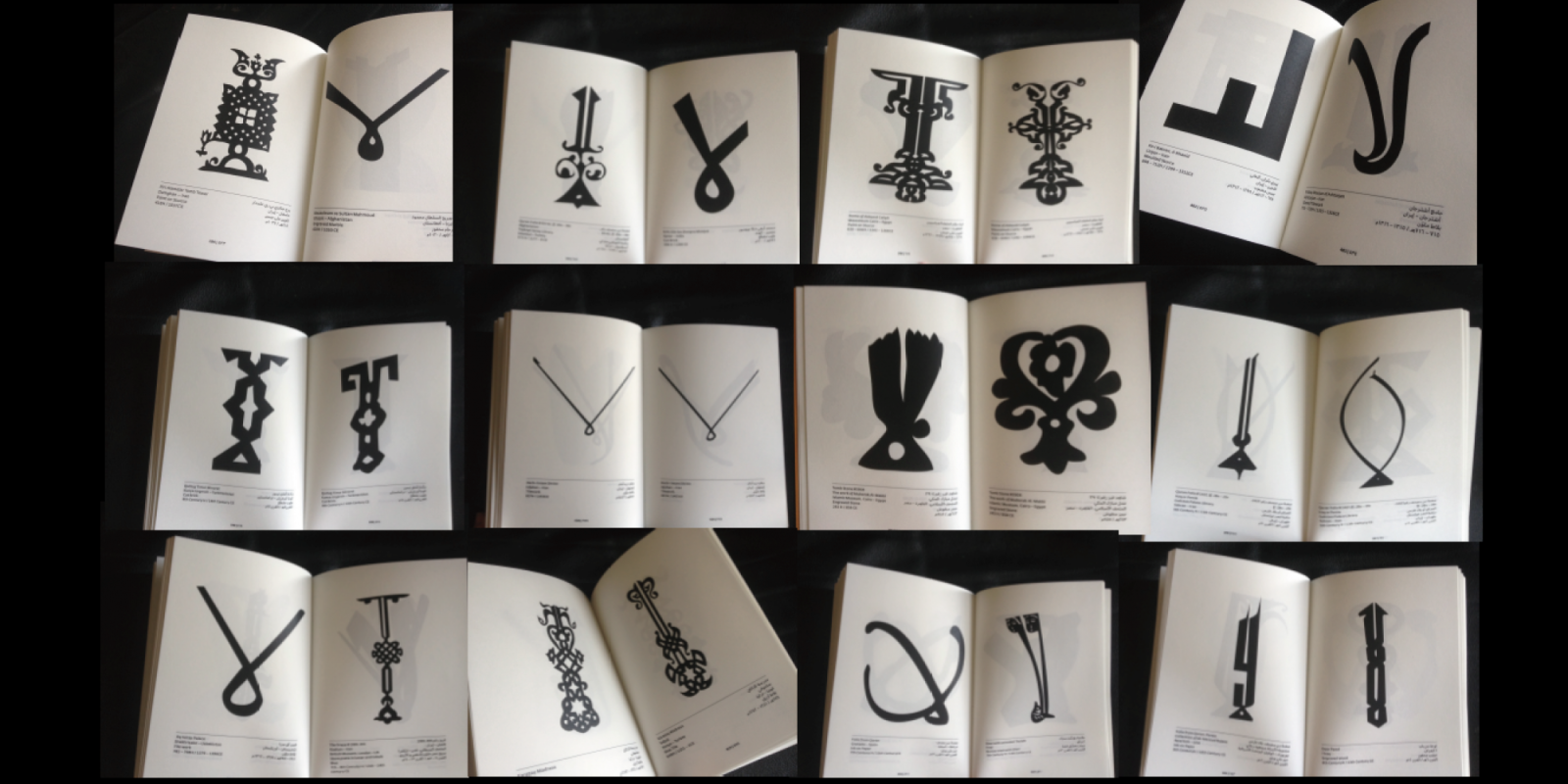
Bahia Shehab First Arab Woman to Win UNESCO-Sharjah Prize for Arab Culture
Bahia Shehab (MA ’09), associate professor of professional practice in the Department of the Arts, has become the first Arab woman to ever receive the UNESCO-Sharjah Prize for Arab Culture. Both Shehab --- and her fellow recipient, prominent French-Tunisian artist eL Seed --- were awarded for their innovative use of Arabic calligraphy in street art.
“It is a great honor to be the first Arab woman to receive the UNESCO-Sharjah Prize for Arab Culture and a great pleasure to share it with my dear friend eL Seed,” said Shehab, founder of AUC’s graphic design program. “The award is a clear recognition of Arab street art as a powerful tool of expression. I hope this will pave the way for more women from the Arab world to aspire for a better future and to pursue their dreams.”
Established in 1998, the UNESCO-Sharjah Prize for Arab Culture awards those whose achievements promote a greater understanding of Arab art and culture as part of UNESCO’s greater mission to foster cross-cultural exchange. Two laureates are selected each year by the director-general of UNESCO, with recommendations from a jury of experts in the field of Arab art and culture. In recognition of their significant contributions to their respective disciplines, the laureates receive a monetary award. This year, the awards will be presented in a ceremony on April 18 at UNESCO’s headquarters in Paris.
As an artist, designer and art historian, Shehab has worked for many years on integrating ancient Arabic script into the modern context for use in graphic design and Arab visual culture. Specifically, the UNESCO-Sharjah Prize for Arab Culture acknowledged her project, No, A Thousand Times No, which is an art installation that became a graffiti series centered on the one thousand different ways to say “no” in Arabic. Shehab is also drawing on the wealth of examples of Arabic calligraphy, from pottery to Quranic manuscripts and architecture, in order to produce an encyclopedia of the Arabic script, comprising 1,000 examples of each Arabic letter from the past 1,400 years. Her artistic work features political, economic, personal and gender-based themes and continuously recognizes art as a powerful tool for social change.
Shehab has received many other awards and honors throughout her impressive career, such as being named one of BBC’s 100 Women Initiating Change in 2014. She is a TED Senior Fellow, an American University in Beirut distinguished alumna and a 2016 Prince Claus Laureate.
To read more about the UNESCO-Sharjah Prize for Arab Culture, click here.
